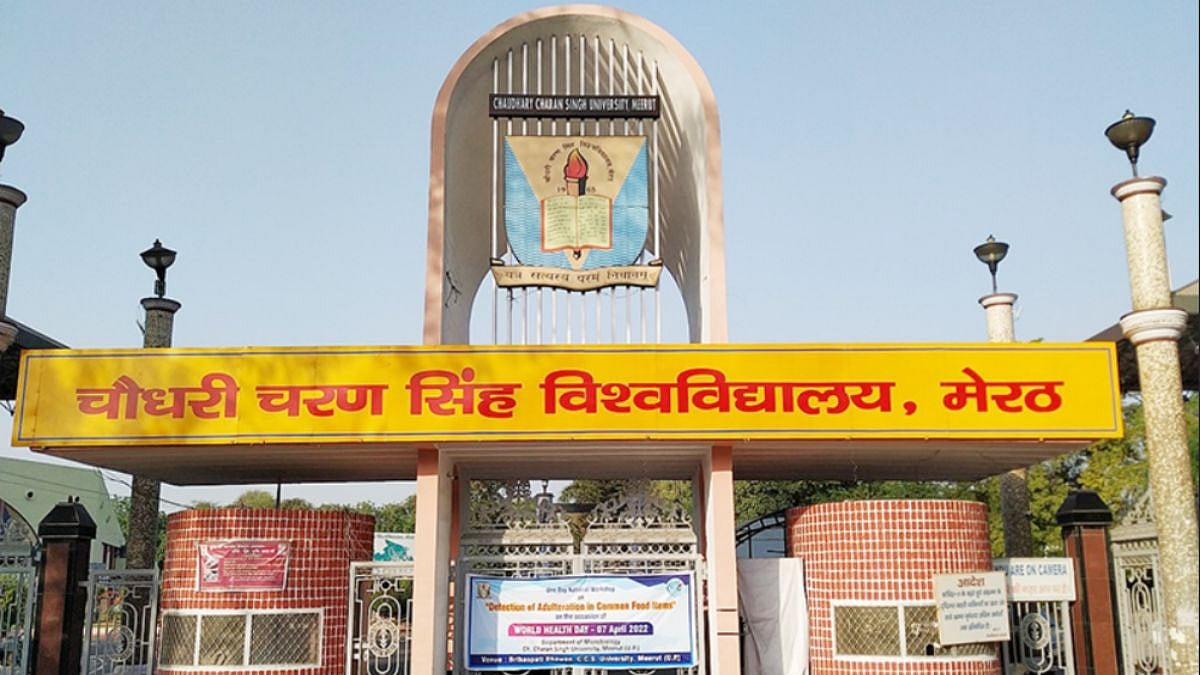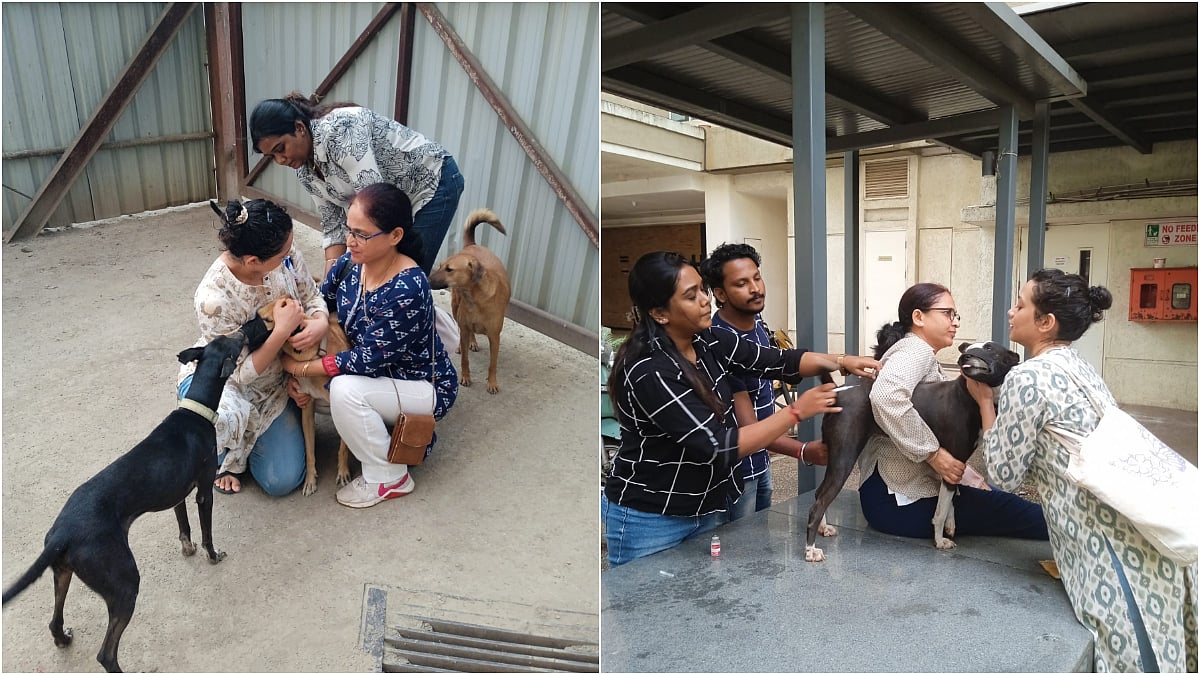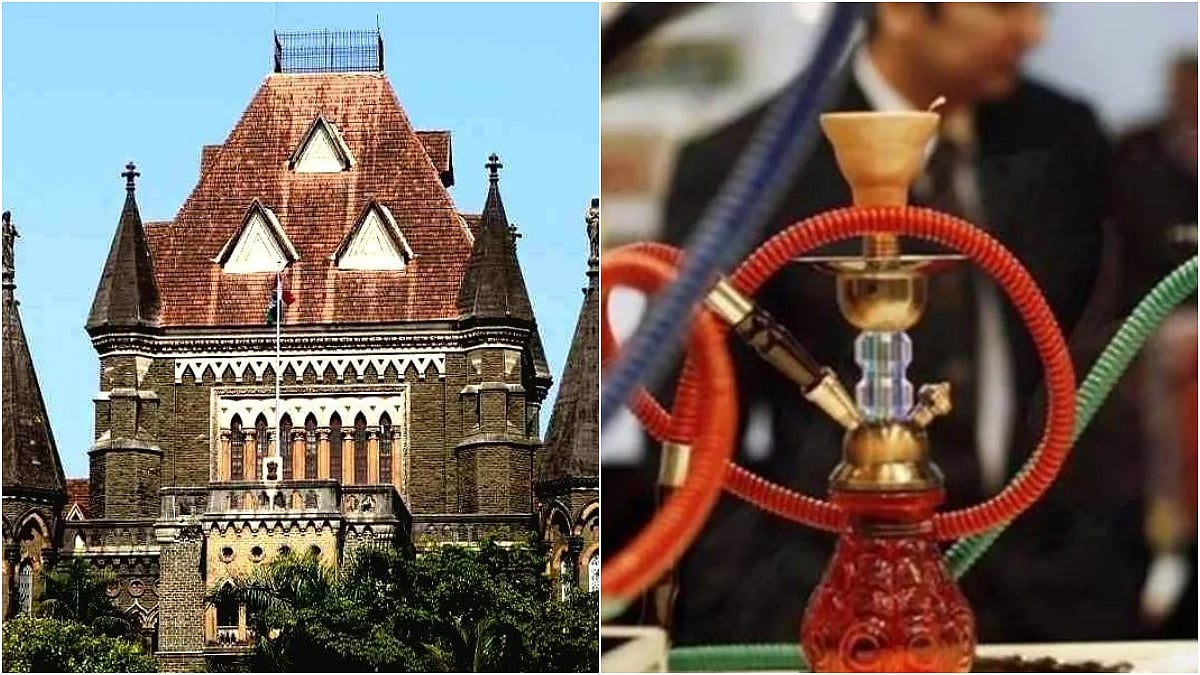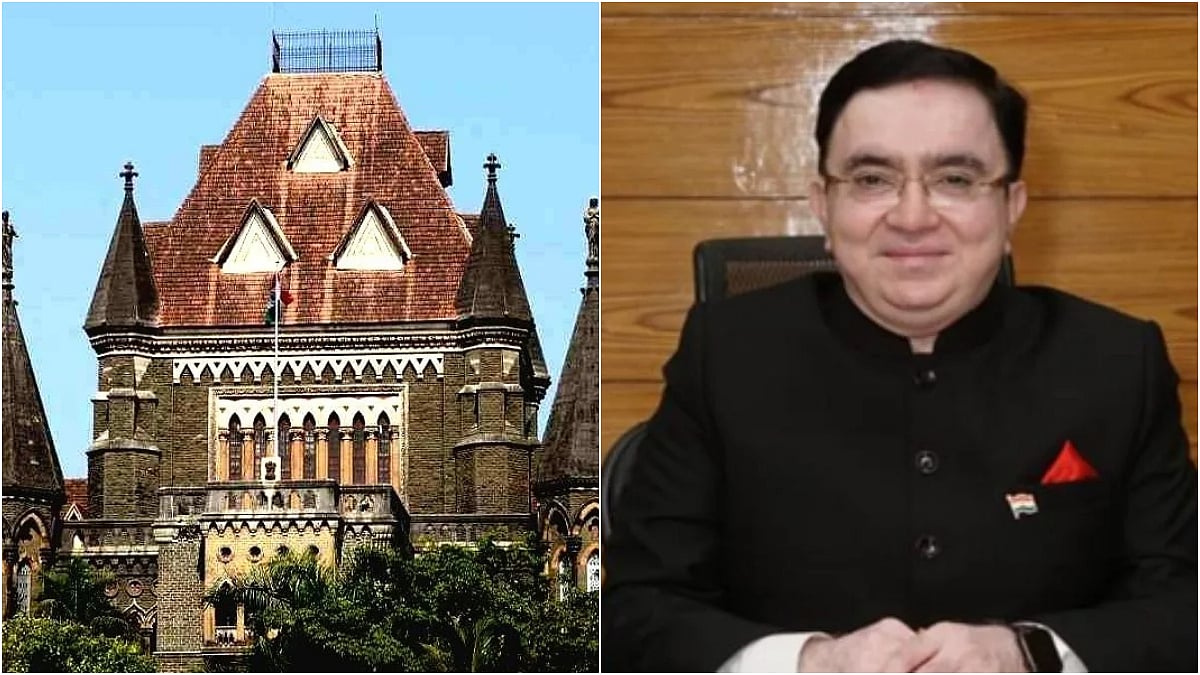Mumbai: In a shocking exposé, a nationwide survey by the Federation of All India Medical Association (FAIMA) has revealed that only 71.5% of medical students reported adequate patient exposure, 54.3% confirmed regular teaching sessions, and just 69.2% found laboratory and equipment facilities satisfactory — exposing a deep crisis in India’s medical education framework.
Survey Scope and Findings
The FAIMA–Review Medical System (FAIMA-RMS) survey, conducted across 28 states and union territories, gathered over 2,000 responses from medical students, teachers, and professors in both government and private medical colleges.
Nearly 90.4% of participants were from government institutions and 7.8% from private colleges, making it one of the most comprehensive studies of its kind. Respondents included doctors from AIIMS, PGI, JIPMER, and even remote regions such as the Andaman & Nicobar Islands, offering a true national snapshot.
The data paints a grim picture of systemic shortcomings in infrastructure, teaching quality, and working conditions. Faculty adequacy stood at 68.8%, while only 44.1% of institutions had functional skills labs. Half of the respondents said they received their stipends on time, and just 29.5% had fixed working hours — highlighting a lack of discipline and administrative accountability.
Mental Health and Work Environment Concerns
Mental health and workplace stress emerged as serious concerns. Nearly 74% of participants reported excessive clerical workloads, 55% cited staff shortages, and 41% described their work environment as toxic. A staggering 89.4% agreed that poor infrastructure is directly harming the quality of medical education in India.
Government vs Private Institutions
While private colleges showed slightly better faculty presence and teaching regularity, government institutions offered greater patient exposure but suffered from severe administrative inefficiencies.
Despite 70.4% of respondents expressing moderate confidence in their skills, only 57.4% felt ready for independent clinical practice — underscoring the widening gap between theoretical training and practical readiness.
Calls for Urgent Action
FAIMA noted that despite the National Task Force’s 2024 recommendations — including fixed duty hours, mental health counsellors, annual parental engagement for student wellness, and 10 days of mental health leave — implementation remains poor across institutions.
The association has urged the Ministry of Health and Family Welfare and the National Medical Commission (NMC) to take urgent corrective measures to strengthen infrastructure, ensure fair stipends, fill faculty vacancies, and establish mandatory skills labs in every medical college.
FAIMA also expressed deep disappointment that repeated requests to meet the NMC chairman and senior officials were ignored, calling it “disheartening,” especially as the association represents India’s largest body of resident doctors.
It said the report will be formally submitted to the NMC and NITI Aayog with detailed recommendations for improving the academic and mental well-being of medical professionals nationwide.
Support from Maharashtra Central MARD
Maharashtra’s Central MARD stated that it stands firmly with FAIMA’s national movement demanding transparency, accountability, and structural reform in the regulation of medical colleges.
Also Watch:
“We have extended a formal letter of support to FAIMA, the National Medical Commission (NMC), and the Ministry of Health and Family Welfare (MoHFW). We urge all medical professionals, student bodies, and the media fraternity to unite in amplifying this cause and ensuring the long-overdue reforms that our medical education and healthcare system urgently need,” said Central MARD in a statement.
To get details on exclusive and budget-friendly property deals in Mumbai & surrounding regions, do visit: https://budgetproperties.in/











